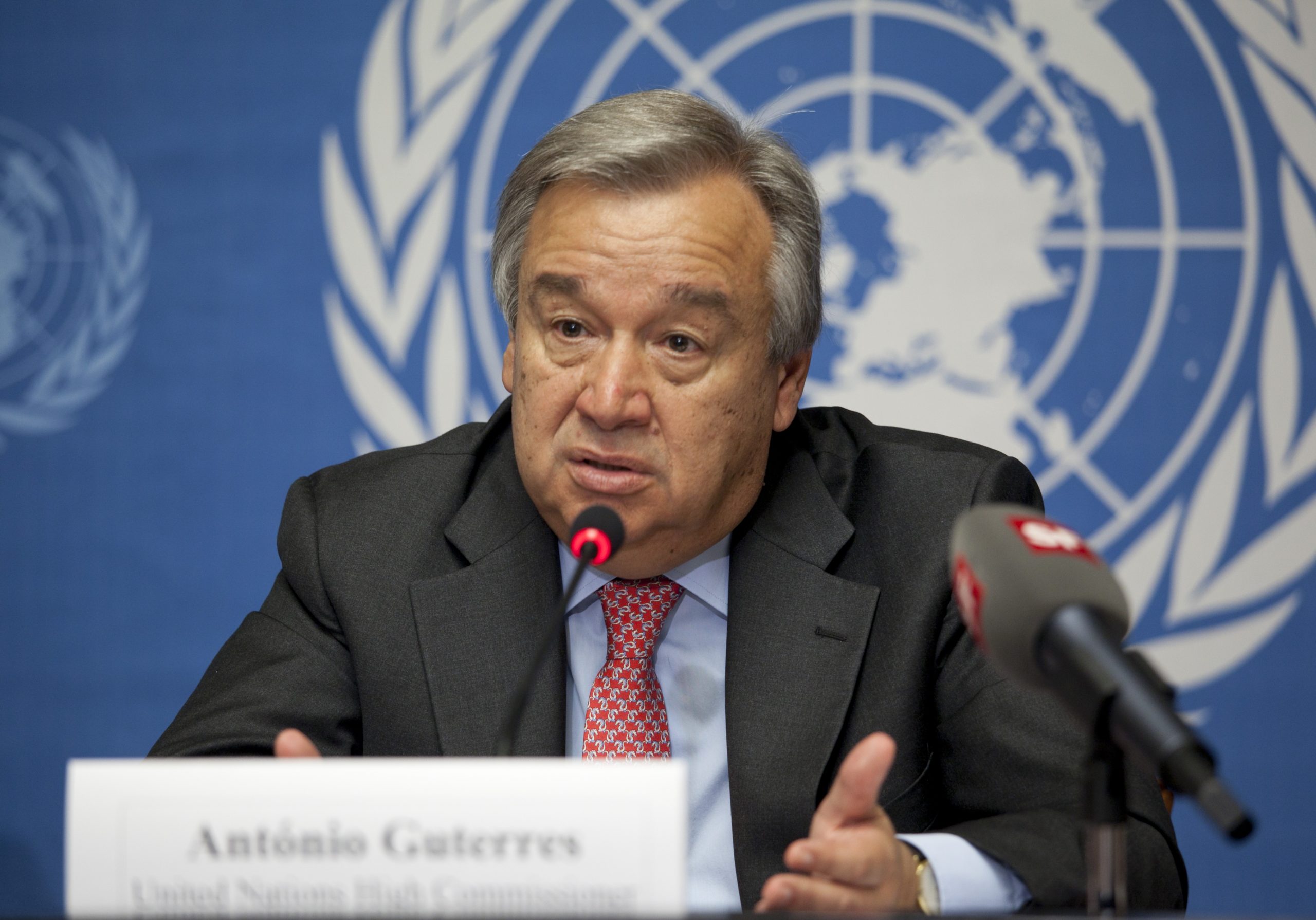On 14 September 2022, the UN Secretary-General released his annual report on reprisals and intimidation against individuals and groups seeking to cooperate with the UN on human rights. Once again, the report identifies a high number of threats and attacks aimed at retaliating against defenders and discouraging cooperation with the UN.
The UN relies on the cooperation of those it serves. Individuals and groups provide valuable insights and information about violations and abuses, and are instrumental in pushing for relevant action to be taken. Everyone has the right to engage with the UN and that right must be respected and protected by the UN and States.
The SG’s report documents cases from 42 countries this year, the vast majority of which have been cited in the report before. New countries cited this year include Afghanistan and Brazil.
‘Around the world, human rights defenders continue to work tirelessly for a society that is more free, equal, just and sustainable. Because of their work, defenders continue to face unacceptable risks. They are threatened, harassed, stigmatised, attacked, jailed, even killed— the SG’s report is evidence that there is much work to be done to ensure defenders can safely engage with the UN,’ added Sinclair.
With elections to the Human Rights Council around the corner, it’s once again deeply disturbing that a number of current members (Brazil, Cameroon, China, Cuba, India, Indonesia, Kazakhstan, Libya, Mexico, Sudan, United Arab Emirates, Venezuela) and candidates for membership (Afghanistan, Bahrain, Bangladesh, Maldives, Morocco, Sudan, Venezuela, Viet Nam) appear in the report, though the Maldives has taken steps to address the case it is cited for.
Once again, unlike the 2019 and 2020 reports, this year’s does not document countries for which the Assistant Secretary-General for human rights, and senior official on reprisals, addressed ‘patterns’ of intimidation and reprisals. This practice has seemingly been displaced in favour of a mention for certain countries that ‘multiple UN actors addressed allegations of intimidation and reprisals’. The list of countries cited for ‘patterns’ was 11 in 2020. In 2021, there were nine countries for which ‘multiple UN actors’ addressed allegations: China, Egypt, India, Iran, Israel, Myanmar, Philippines, Saudi Arabia, Venezuela, and Viet Nam. This year, there are 13 countries for which ‘multiple UN actors’ addressed allegations: Bahrain, Belarus, Egypt, Guatemala, Iran, Israel, Libya, Myanmar, Nicaragua, Russia, Sri Lanka, Venezuela, and Viet Nam.
ISHR regrets that the senior official has discontinued the previous practice of addressing ‘patterns’ of intimidation and reprisals with perpetrating countries. To illustrate the lack of equivalency between citing States where ‘multiple UN actors’ have addressed allegations and citing a State for ‘patterns’, one need not look further than the fact that China has not been cited in this way, despite taking up more than six pages of the report, being one of the worst perpetrators, and the overwhelming evidence of patterns of intimidation and reprisals.
‘It is disappointing that the ASG has stepped back from specifically addressing countries for patterns where they have repeatedly attacked defenders with impunity for engaging with the UN. It was a small but positive step in pushing for accountability by the worst offenders and dispensing with it after two reporting cycles seems a step in the wrong direction,’ said Madeleine Sinclair of ISHR.
Furthermore, this year’s report misses yet another opportunity to analyse the UN’s reprisals data and glean insights that could improve and inform UN policies and practices on intimidation and reprisals. ‘The UN has been at this for over 30 years. It’s time for them to systematise the way the cases are documented, systematically follow up on cases and track, analyse and evaluate its own data to improve the UN’s responses. It’s great to mention trends but more powerful than that would be rigorous analysis based on data and evaluation of interventions to evaluate their effectiveness’, said Sinclair.
In this regard, ISHR published a study in 2021 analysing 709 cases of reprisals to analyse the scope and impact of UN action on intimidation and reprisals. This year ISHR put the data online so as to increase awareness and transparency and enable the kind of analysis that is badly needed.
As is the case every year, the report notes that some cases are not included for fear of further reprisals. However, as has been the case previously, some cases were notably left out of this year’s report without explanation. One such case is Hui-Jung Chi, a well-known Taiwanese activist. On 16 September 2020, Chi was blocked from participating in a virtual meeting held by UN Women’s Asia Pacific Regional Office. ISHR’s submission to the SG’s report contains more information about the case. The Secretary-General has neglected to report on this case now for two years. ‘It goes without saying that the SG should include all relevant cases in his report, including those implicating a UN agency’, Sinclair said.
ISHR’s submission presents a disturbing pattern of intimidation and reprisals from States defaming and stigmatising defenders, to criminalising their work, to killing them.
‘Documenting reprisals in a report is important but it’s only the first step. The UN and Member States must do more! We need consistent and meaningful follow up and we need more States speaking out loudly and often about these shocking cases,’ said Sinclair.
The report will be discussed during an interactive dialogue with the Assistant Secretary-General for Human Rights on 29 September 2022. ‘The report is presented every year to States: States should use that opportunity to hold their peers accountable, speak out about specific cases, push for accountability, an end to impunity, and reparations for victims,’ Sinclair concluded.
ISHR is currently running a campaign to urge States representatives at the UN and to raise five cases of reprisals during that interactive dialogue—from Belarus, Burundi, China, Egypt, and Venezuela. More information about the campaign is available here:
Help us to #EndReprisals at the UN




